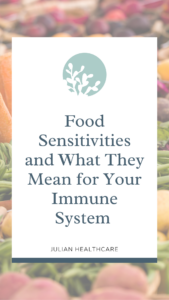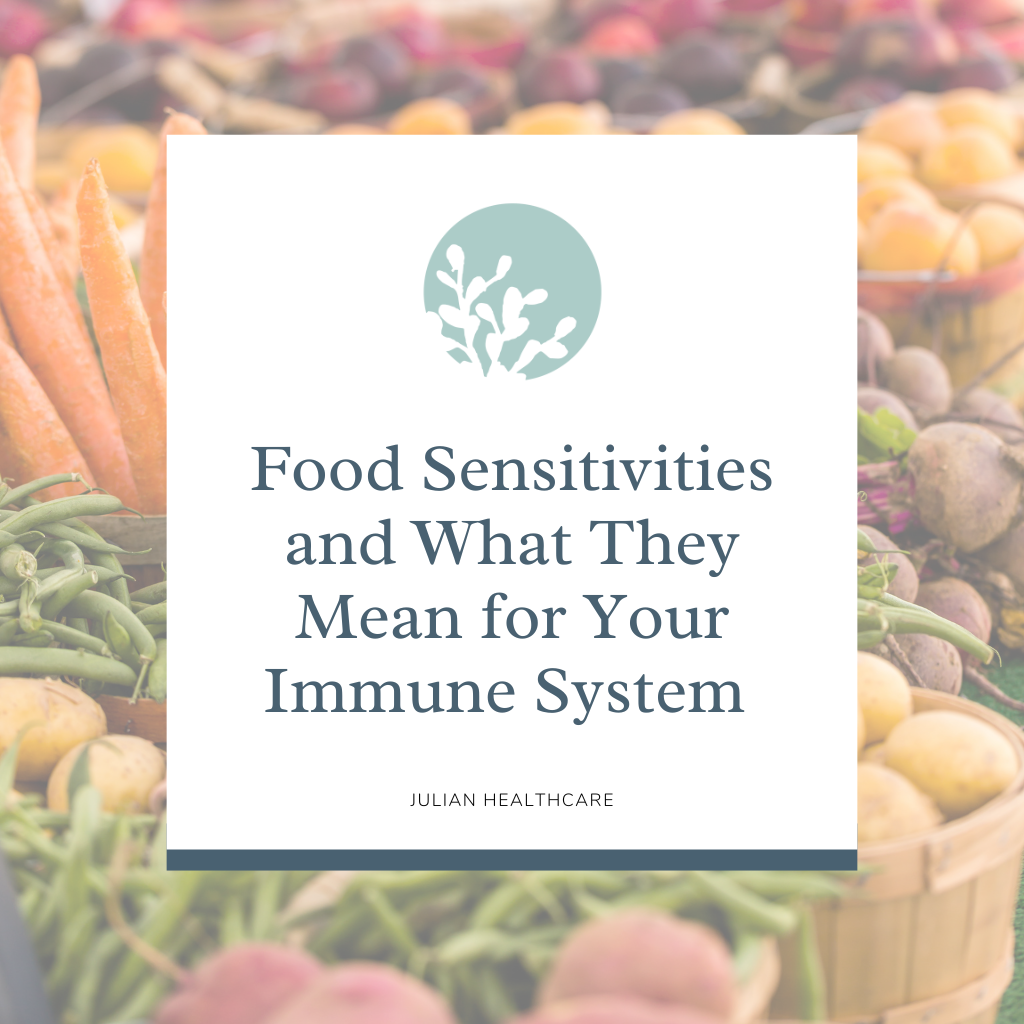With aisles in grocery stores now featuring plenty of gluten- and dairy-free options, it’s clear that food sensitivity awareness has become more mainstream. In earlier years, there was some confusion about the difference between food sensitivities and food allergies.
Food allergies are immune reactions to foods that can cause immediate, major, and even life-threatening reactions, and those foods tend to be peanuts, shellfish, soy, nuts, and eggs, among others. Food sensitivities can be caused by several factors, occur with any food that stimulates an immune response, and the symptoms can be delayed for days. As consumers begin to look for better answers to their health concerns, food sensitivity testing is becoming more popular.
Problems with Testing for Food Sensitivities
One thing to know about food sensitivity testing is that it involves testing for antibodies your body has produced against food proteins. Different panels may test for different proteins from a variety of foods. Unfortunately, with this testing method, someone with poor gut function may test positive for multiple sensitivities that match their regularly eaten foods.
Following these results, the patient may drastically change their diet to avoid those foods. Eventually, they will test positive for additional sensitivities to all the new foods they began eating. This happens because the food itself is not the root cause of the sensitivities. The condition’s source is the intestines allowing food proteins to pass the intestinal barrier and enter the bloodstream.
Leaky Gut and the Root of Food Sensitivities
Did you know your intestines are only one cell thick? When the junctions between those lines of cells break down, we call the condition intestinal permeability or leaky gut.
That leakiness allows the food proteins you eat to enter the bloodstream, and your body recognizes the proteins as foreign invaders. The immune system then produces antibodies against those proteins, resulting in an inflammatory response every time you ingest that food. The solution to this problem is healing the intestinal wall to prevent it from leaking food proteins and causing negative immune reactions.
Leaky Gut and Autoimmune Conditions
Healing leaky gut is important for resolving autoimmune conditions because when your body begins producing antibodies against food proteins, it can overlap with proteins in your own body. When that confusion occurs, your body starts creating autoantibodies, and you receive an autoimmune diagnosis. Much like healing leaky gut resolves food sensitivities, you must also heal leaky gut for autoimmune remission.
Heal Your Gut and Immune System
Ready to reclaim control of your health? Let the Julian Healthcare team guide you in uncovering the roots of your food sensitivities and other GI issues. Book your complimentary discovery call today, and let’s embark on your unique journey to wellness.


